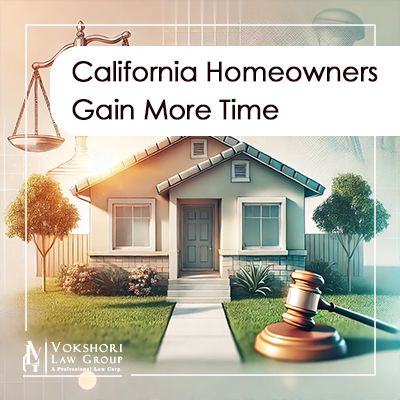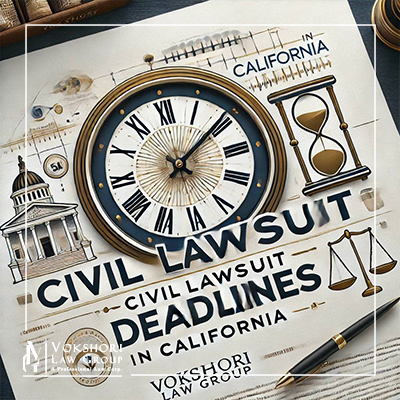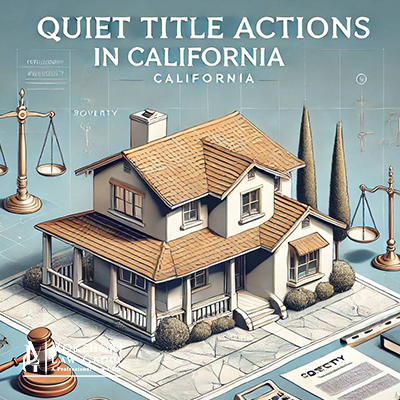
On January 1, 2025, a new law in California came into effect, offering critical protections to homeowners facing foreclosure. This legislation provides additional time for homeowners to sell their property and avoid losing it to foreclosure. Specifically, the law grants a 45-day extension for homeowners who sign a listing agreement with a licensed real estate agent, with an additional 45-day extension if the property goes into escrow. Here’s what you need to know about this important change and how it could help you or someone you know.
How the Law Works
The new law aims to give homeowners in distress more breathing room to sell their properties on the open market rather than losing them to foreclosure auctions, which often result in lower sales prices and devastating financial consequences.
- Listing
Posted In:















